Vivien Horvath
@vivienhorvath.bsky.social
950 followers
620 following
12 posts
Postdoctoral fellow in the Molecular Neurogenetics lab at Lund University/Lund Stem Cell Center. Working on transposable elements, epigenetic regulation, aging and related brain disorders. 🧠🧬
Posts
Media
Videos
Starter Packs
New preprint from my lab! We describe how transposable elements are activated in Parkinson’s disease, which is linked to an interferon response. We believe this study significantly advances our understanding of transposons and their role in human brains.
www.biorxiv.org/content/10.1...
www.biorxiv.org/content/10.1...
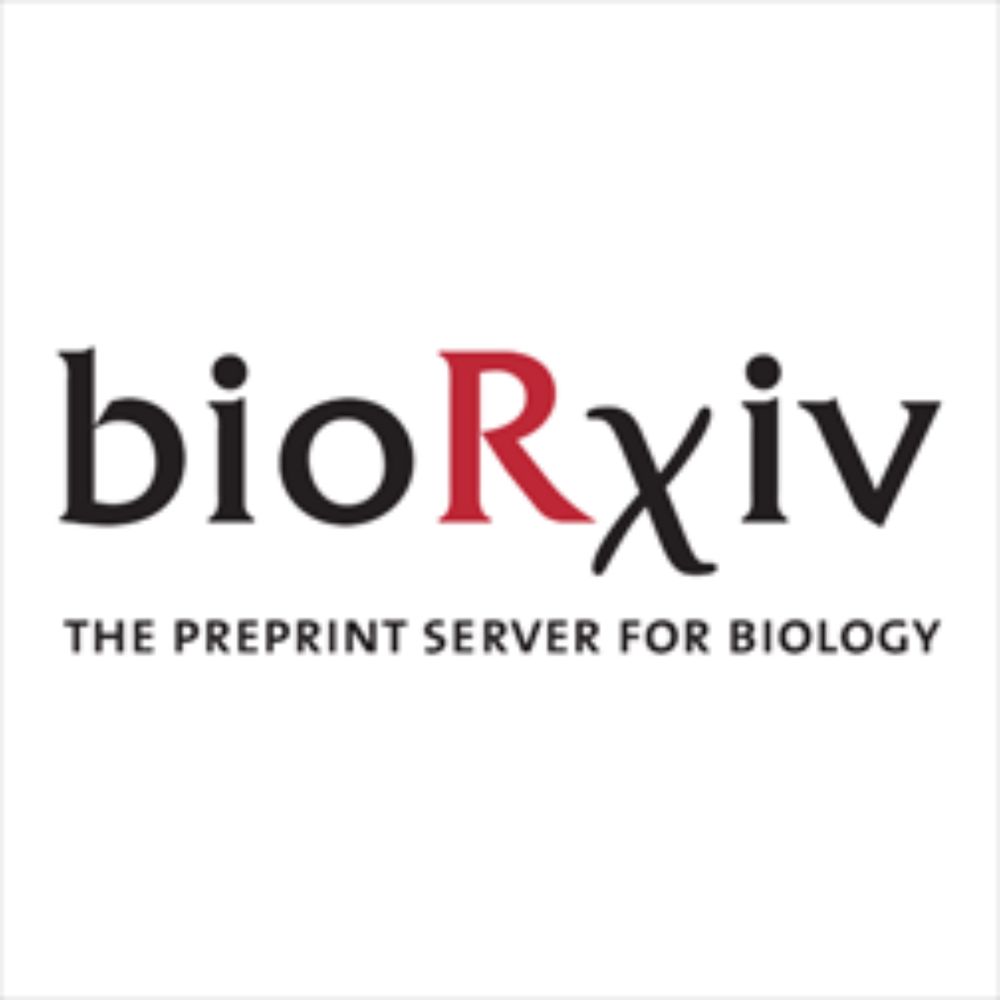
Activation of transposable elements is linked to a region- and cell-type-specific interferon response in Parkinson's disease
Parkinson's disease (PD) is a common age-related neurodegenerative disorder involving a neuroinflammatory response, the cause of which remains unclear. Transposable elements (TE) have been linked to i...
www.biorxiv.org
Reposted by Vivien Horvath
Johan Jakobsson
@jakobssonlab.bsky.social
· Aug 29

Human Brain Cell‐Type‐Specific Aging Clocks Based on Single‐Nuclei Transcriptomics
Muralidharan and colleagues develop cell-type-specific transcriptomic aging clocks using single-nucleus RNA sequencing of human post mortem prefrontal cortex samples. These clocks accurately predict ....
doi.org
Reposted by Vivien Horvath
Mathieu Lupien
@matlupien.bsky.social
· Aug 29

Programmable epigenome editing by transient delivery of CRISPR epigenome editor ribonucleoproteins - Nature Communications
Epigenome editing programs gene silencing without inducing DNA breaks but challenges in delivery into human cells limit its broader use. Here, the authors present the RENDER platform, which uses virus...
www.nature.com
Reposted by Vivien Horvath
Johan Jakobsson
@jakobssonlab.bsky.social
· Aug 23
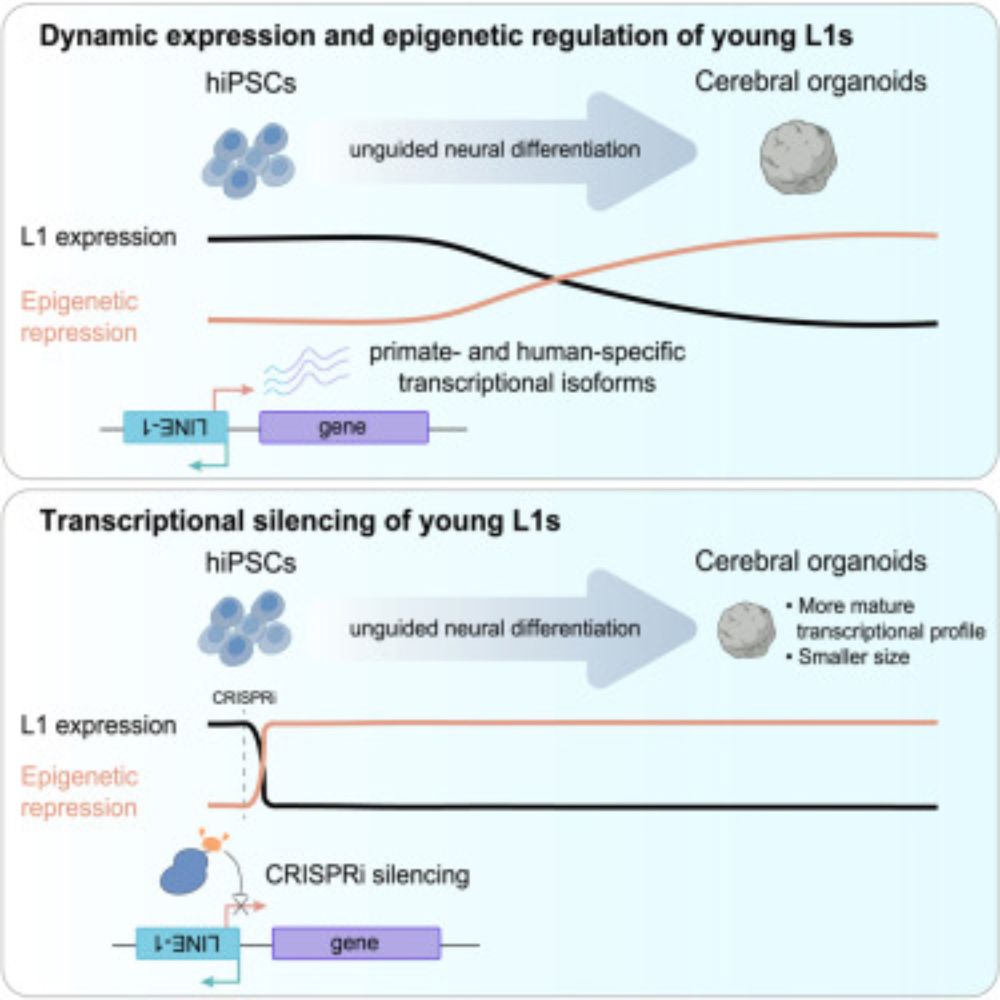
LINE-1 retrotransposons mediate cis-acting transcriptional control in human pluripotent stem cells and regulate early brain development
Adami et al. demonstrate that evolutionarily young L1s are expressed in human pluripotent
stem cells and are dynamically regulated throughout neural differentiation. The study
examines the role of L1s...
www.cell.com
Reposted by Vivien Horvath
Johan Jakobsson
@jakobssonlab.bsky.social
· Aug 26
Why repetitive DNA matters for human brain evolution and disease
Lund University. DNA carries the complete set of instructions an organism needs to develop and survive, but only about 1.5% of it consists of protein-coding genes that determine traits such as eye col...
www.stemcellcenter.lu.se
Reposted by Vivien Horvath
Rebecca Berrens
@rberrens.bsky.social
· Jul 16
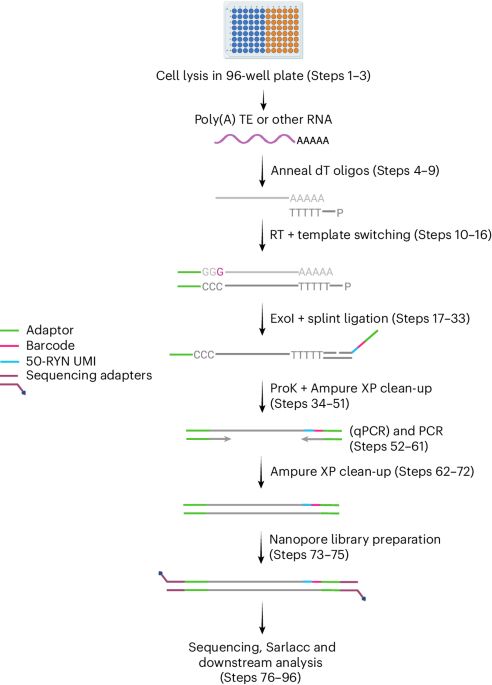
Long-read RNA sequencing of transposable elements from single cells using CELLO-seq - Nature Protocols
Single-cell long-read RNA sequencing enables the high-fidelity mapping of single-cell expression data from highly sequence-similar transposable elements to unique genomic loci by correcting errors fro...
doi.org
Reposted by Vivien Horvath
Juliane Glaser
@julianeg.bsky.social
· Jul 9
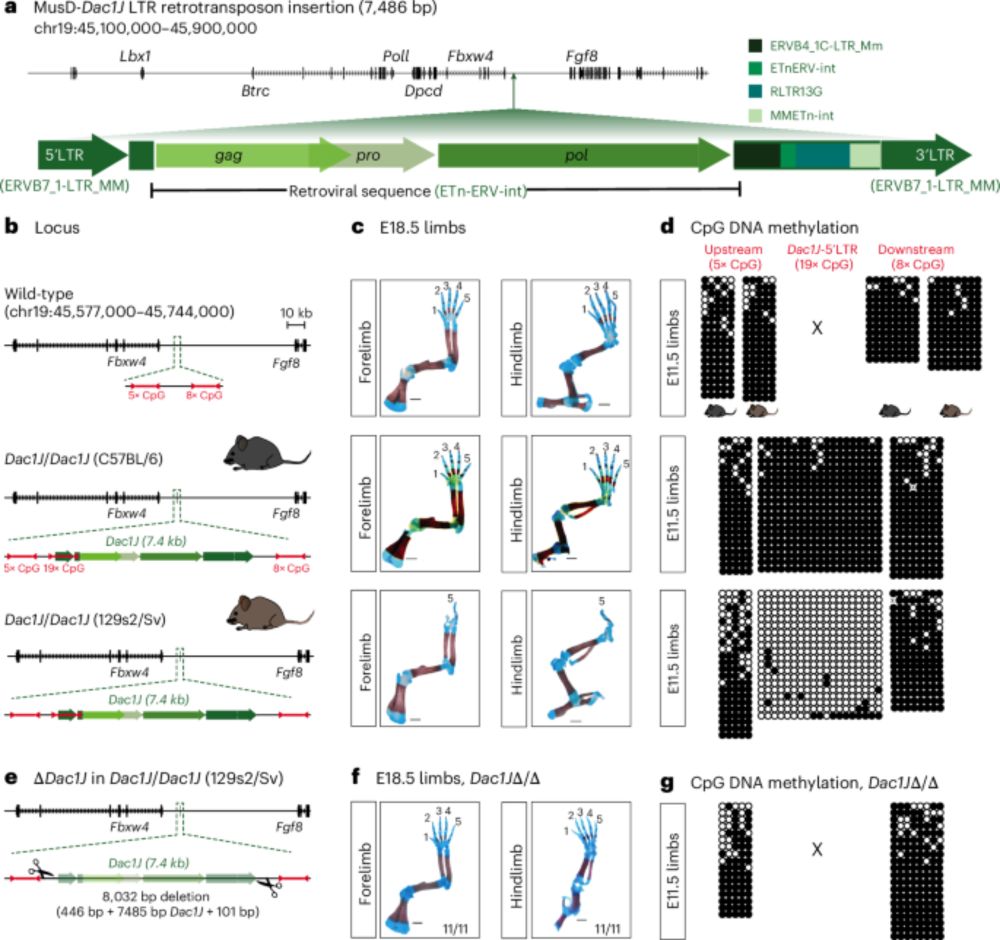
Enhancer adoption by an LTR retrotransposon generates viral-like particles, causing developmental limb phenotypes - Nature Genetics
Activation of an LTR retrotransposon inserted upstream of the Fgf8 gene produces viral-like particles in the mouse developing limb, triggering apoptosis and causing limb malformation. This phenotype c...
www.nature.com
Reposted by Vivien Horvath
Tugce Aktas
@aktast.bsky.social
· Jun 30
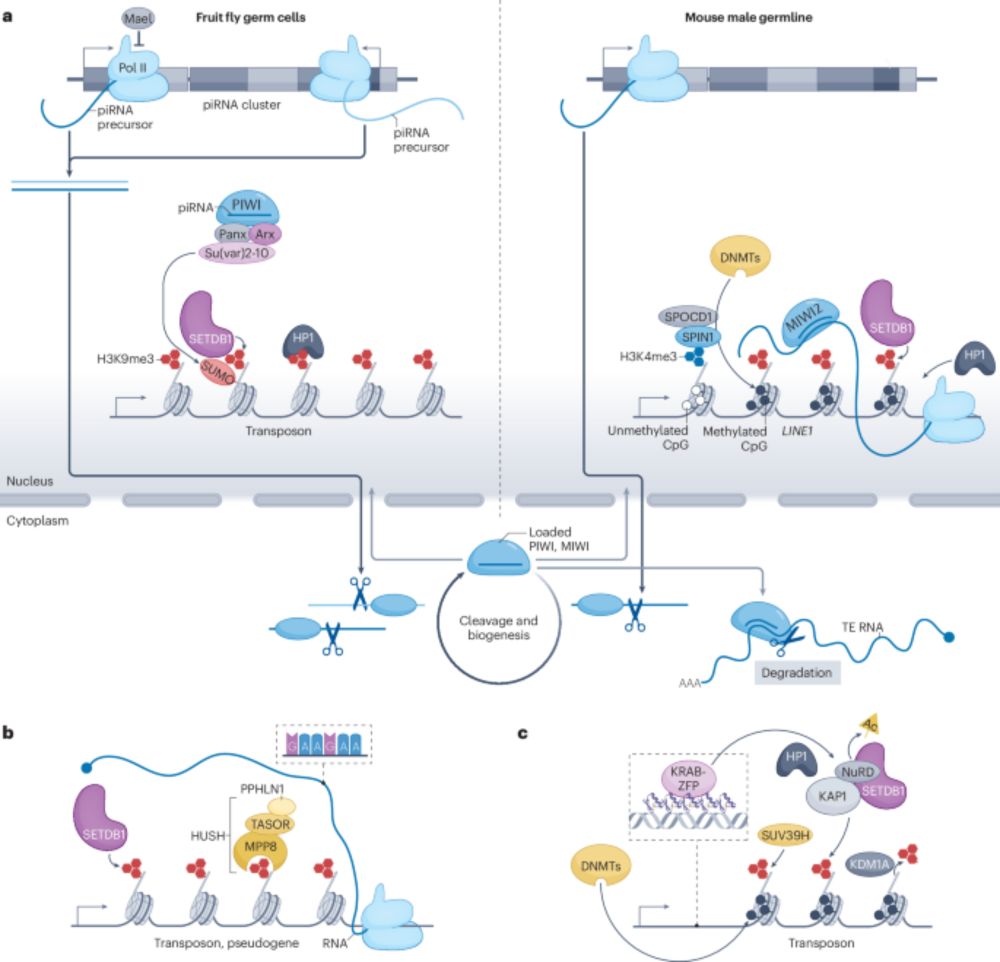
Transcriptional and post-transcriptional regulation of transposable elements and their roles in development and disease - Nature Reviews Molecular Cell Biology
Transposable elements (TEs) comprise nearly half of the human genome. This Review discusses transcriptional and post-transcriptional mechanisms that repress TE activity, how TEs escape this suppressio...
www.nature.com
Reposted by Vivien Horvath
Reposted by Vivien Horvath
Josh Dubnau
@joshdubnau.bsky.social
· Jun 7

LINE-1 replication in a mouse TDP-43 model of neurodegeneration marks motor cortex neurons for cell-intrinsic and non-cell autonomous programmed cell death.
A key pathological feature of Amyotrophic Lateral Sclerosis (ALS) and Frontotemporal Dementia (FTD) is the loss of nuclear localization and the accumulation of cytoplasmic inclusions of hyperphosphory...
www.biorxiv.org
Reposted by Vivien Horvath
Reposted by Vivien Horvath
Taylor priest
@taylorpriest.bsky.social
· May 26
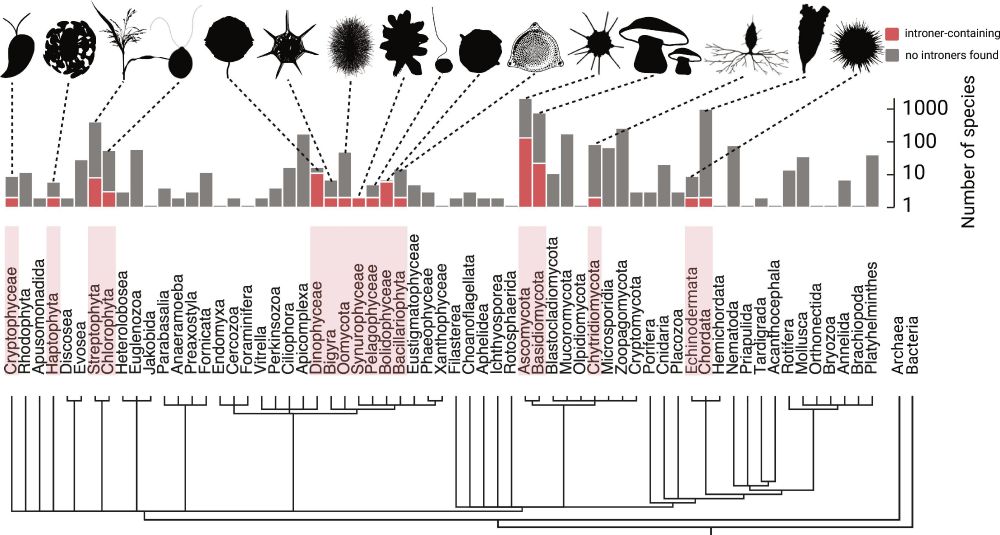
Horizontal transmission of functionally diverse transposons is a major source of new introns | PNAS
Since the discovery of spliceosomal introns in eukaryotic genomes, the proximate molecular
and evolutionary processes that generate new introns hav...
www.pnas.org
Vivien Horvath
@vivienhorvath.bsky.social
· Apr 18
Come to Lund! We are looking for a postdoc to join the team. #transposons #epigenetics
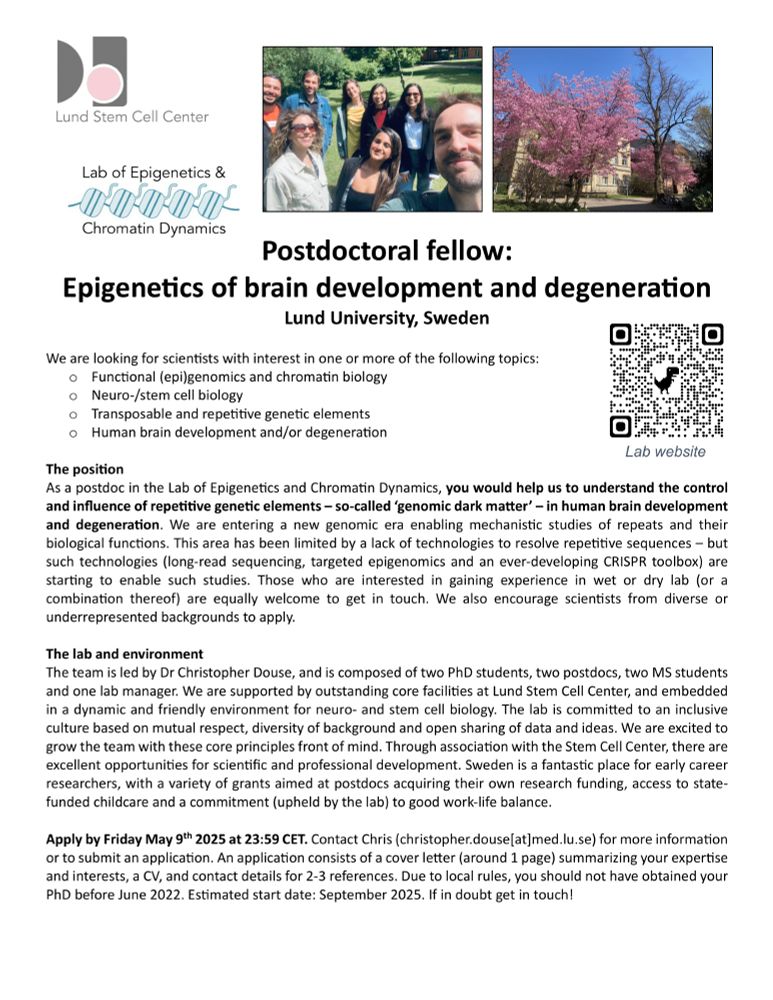
Reposted by Vivien Horvath
Johan Jakobsson
@jakobssonlab.bsky.social
· Mar 29

Loss of H3K9me3 maintenance in human neural progenitor cells leads to transcriptional activation of L1 retrotransposons
Heterochromatin is characterised by an inaccessibility to the transcriptional machinery and associated with the histone mark H3K9me3. Heterochromatin erosion is a hallmark of human ageing and H3K9me3 ...
www.biorxiv.org
Reposted by Vivien Horvath





